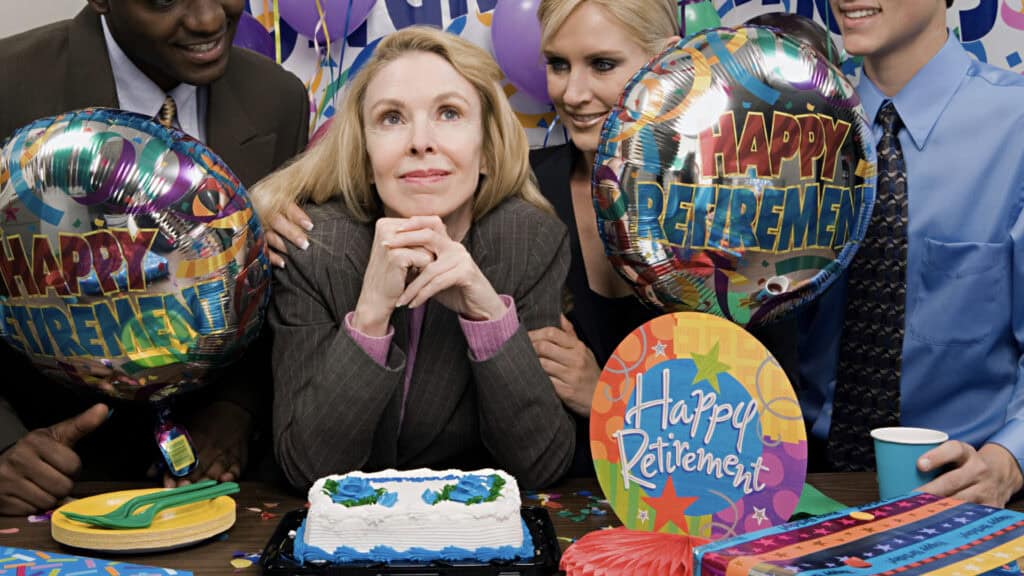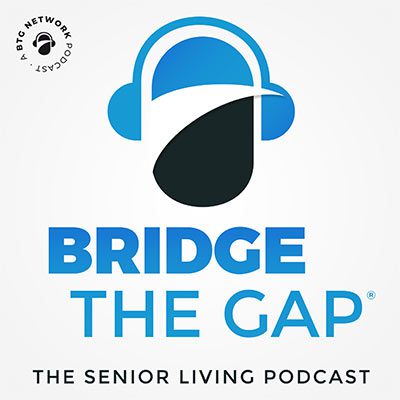15 Reasons Why Companies Are Not Hiring People Over 50
The percentage of Americans 65 and older is increasing rapidly by the year, and fewer young people are having children at a replacement rate. You would think extending employees’ shelf lives would be a priority to maximize the workforce. Yet, employers often pick the younger candidate over the older one — even when the latter is more qualified.
Getting old means aches and pains, forgetfulness, and inevitable slowing down. Most of us can accept that. What’s more difficult to swallow is that our age could be why we are overlooked for coveted jobs we feel qualified for.
Yet, there are indications ageism is alive and well in the hiring process. While some rationales for hiring the younger candidate make objective sense, others ring hollow, perhaps even crossing the line into age discrimination.
1. Experience Doesn’t Always Come Cheap

There is some conflicting data regarding age and average salary. While earnings tend to decline once you hit a certain age, data suggests the average college-educated, full-time worker earns most in their 40s and 50s.
Older workers are more experienced, but some employers don’t want to pay the premium that experience demands.
2. Employers Want Employees for Life


/Depositphotos
From a financial standpoint, the longer an employer can keep an understudy, the better. Employees who spend many years with an organization tend to deliver marked financial returns that newcomers don’t.
All things being equal, an employer is likelier to choose an employee who could be with them for several decades rather than one.
3. The Older Employee Surely Can’t Keep Up (Can They?)


No matter how many Martin Scorseses, Warren Buffetts, and Ray Krocs we see maintaining professional excellence well into their twilight years, there is a widely-held perception that older age means diminished productivity.
The 30-year-old drinks the same Starbucks as the fifty-five-year-old, so caffeine presents no advantage. Employers assume younger employees with more naturally produced energy will get more done. Fair or not, that’s a common mindset.
4. It’s Not Called the Fountain of Wisdom


Those over 50 have plenty of advantages over their more youthful counterparts, with Wisdom topping the list. Why is American culture (which includes virtually every business’ marketing campaign) obsessed with youth?
This is a question everyone must ponder while in the sauna or walking the dog. Regardless of your conclusion, businesses want to project an air of youth and vitality to their customers, business partners, and prospective talent.
5. Perceived Health Liabilities


The world can be a cruel place, as evidenced by older individuals living clean, health-conscious lives only to become seriously ill through no fault of their own. Older people get sick more often — it’s just a fact. It’s a fact employers must consider when hiring and firing.
It seems wrong to hold statistical likelihood for illness against them, particularly because such vulnerability is generally out of our control. Yet, you also can’t blame employers for making wise financial decisions based on reliable health data.
6. Hubris That an Employer Can Train Anyone


Often, a debt-strapped, inexperienced employee fresh out of college is far cheaper to hire than an experienced candidate with a thick resume. The question then becomes how much the employer values experience.
Some employers genuinely believe they could train Bubbles the Chimp to do a competent job if the Occupational Safety and Health Administration (OSHA) wasn’t so strict about animal labor laws. This same logic applies when these employers choose between the inexperienced (but trainable) fresh face and the older, more experienced alternative.
7. Experienced Employees Might Rock the Boat


As strange as it may seem to those secure in their professional positions, some employers would rather lose thousands (or millions) of dollars per year than be questioned or shown up by subordinates or peers.
There’s a sound argument that younger employees are less likely to question the leader, particularly about misdeeds and morally ambiguous judgment calls.
8. Diversity Quotas Do Not Typically Include Age Considerations


About six in ten employees say their employer has some sort of protocol focused on promoting diversity in the workplace. A logical person might look optimistically at this figure and think, “Surely this means older workers will always have a place in the workplace, right?”
“Right?”
Wrong. Studies have shown age is “not given much attention in diversity, equity, and inclusion (DEI) initiatives…”
9. Employers Tend to Hire People They Connect With


It would be nice if we lived in a world where objective qualifications were the sole criteria for hiring. We don’t. One paper (and common sense) suggests employers hire people they’d like to grab a beer or go to a concert with, cloaking this reality in phrases like “good cultural fit.”
If the boss is a 30-something hip-hop fan who goes snowboarding on the weekend, they might not connect with the 60-year-old avid golfer who prefers John Coltrane — and you might lose the job as a consequence.
10. Concerns About Coasting Into Retirement


You’d be hard-pressed to blame an employer for thinking of the phrase “lame duck” while interviewing a job candidate over the age of 50. The candidate has worked their whole life, so why wouldn’t they want to earn a relatively easy paycheck for the final 10 to 15 years of their working life?
The fix here is simple. Let your employer know nearly half of households aged 55 to 64 have no savings. Retirement? In my dreams! I’m here for life, boss!
11. Different Can Be Treated as Lesser


If most of an organization’s employees are in their 20s and 30s, there can be a concern that bringing on an older employer might disrupt the flow and in-office chemistry. This concern has some legitimacy, but only when employee chemistry is material to organizational performance.
If an employer chooses not to hire an older employee because the office is “lit,” and they don’t want that to change, that is a discrimination-level problem.
12. The “Out with the Old” Mentality Is Pervasive


Older generations have been shocked at the degree to which younger generations are hostile towards their elders merely because they started life in an earlier era.
There is an absurd yet increasingly widely held belief that people over 40 are the products of an archaic, backward time. Employers who succumb to the zeitgeist might not want older employees “infecting” their youthful, idealistic workplace—we wish we were kidding.
13. A Perception of Stubbornness


Organizations must be dynamic in many ways, and in the minds of many, youth is more synonymous with “willingness to change than adapt.”
The reality is that 20-year-olds can be stubborn and stuck in their ways (as countless parents know), while 54-year-olds can be on Instagram, using ChatGPT, and making memes in their spare time—in other words, highly adaptable to changing tides.
14. Skill Sets Need Updating


No professional field is immune to change. Employees who value long-term relevance make a concerted effort to evolve, ensuring they change with new technologies, laws, and practices rather than become obsolete.
Unfortunately, some employers simply assume fifty-something candidates have not evolved. The truth is, some candidates haven’t.
15. Young People Like Being Young


This may sound harsh, but the truth is that young people believe they will be young forever. If you were young once, you know what we’re talking about.
When some young people (including those in hiring positions) look at their parents, the Walmart greeter, and even highly qualified job candidates with much wisdom and revenue to offer, they may be reminded that youth isn’t eternal — and they may not like that very much.
These 12 Jobs Are Perfect for Seniors Who Want to Keep Active and Productive


Are you a senior citizen looking for ways to stay active and productive? Or, do you have a parent or grandparent looking for ways to keep busy? Whatever your situation, there are some great jobs out there that can give you the mental and physical stimulation you need. These jobs are simple yet rewarding and don’t require a considerable time commitment.
These 12 Jobs Are Perfect for Seniors Who Want to Keep Active and Productive
Beyond the 9-to-5: 13 Odd Jobs That’ll Shock You With Their Pay


Gone are the days when a traditional 9-to-5 job was the only way to make decent Money. The world is full of unique and surprising opportunities that can lead to high-paying gigs. In this article, we’ll examine 13 odd jobs that may shock you with their pay. These jobs offer high salaries and provide exciting and unconventional work experiences.
Beyond the 9-to-5: 13 Odd Jobs That’ll Shock You With Their Pay
























